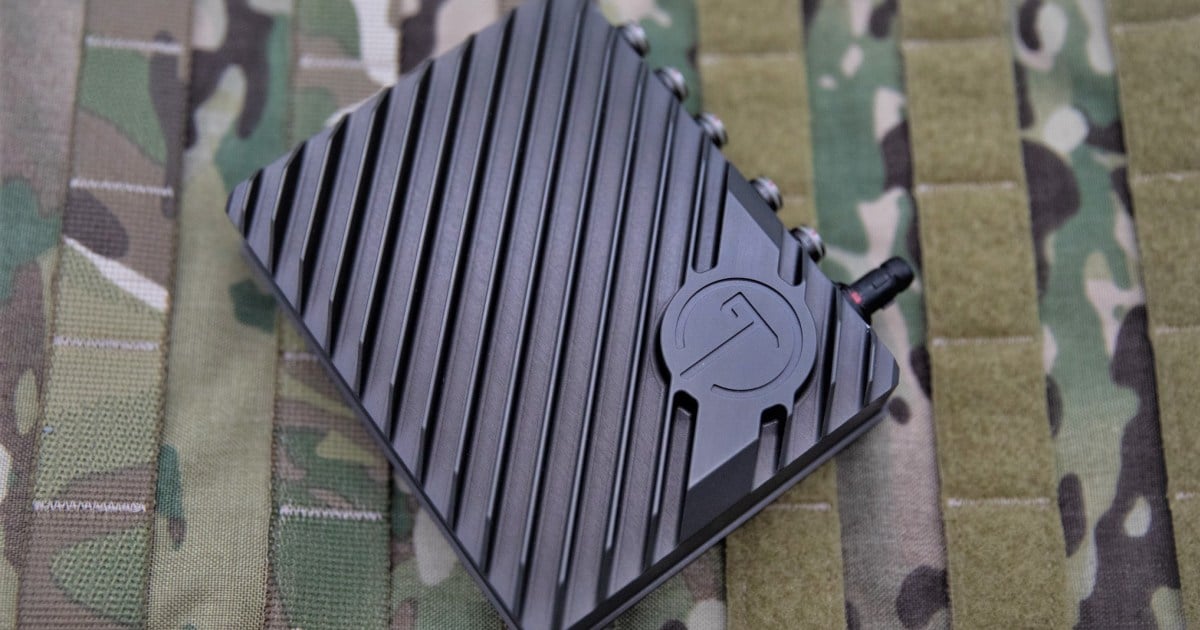Related Articles
ZEDEDA Certified Edge Computing Associate Certification to Support Growing Uses of Edge Computing
The new ZCEA certification from ZEDEDA is available through the company's Edge Academy and provides fundamental knowledge about the many benefits of e…
Read MoreT-Mobile and Google Cloud Partner to Advance 5G and Edge Compute Possibilities
T-Mobile and Google Cloud are helping customers embrace next-gen 5G use cases; applications like AR/VR experiences, for example.
Read MoreAptiv PLC Acquires Wind River Systems to Enhance Software-Defined Vehicles
Dublin-based automotive technology supplier Aptiv PLC has acquired California-based cloud software and intelligent edge company Wind River Systems.
Read MoreDriver Safety and Costs Keep Decision Makers Awake
The two things that are top of mind for SMB fleets are driver safety and financial concerns.
Read MoreTomahawk Hosts Microsoft Azure SDK on KxM Body-Worn Edge Processor
Tomahawk Robotics, a provider of common control solutions, has successfully hosted Microsoft Azure SDK on its KxM edge device.
Read More




